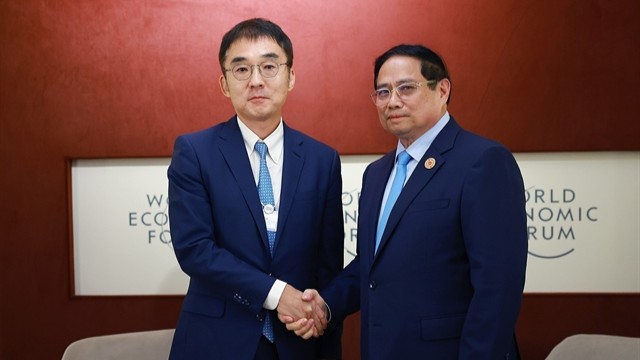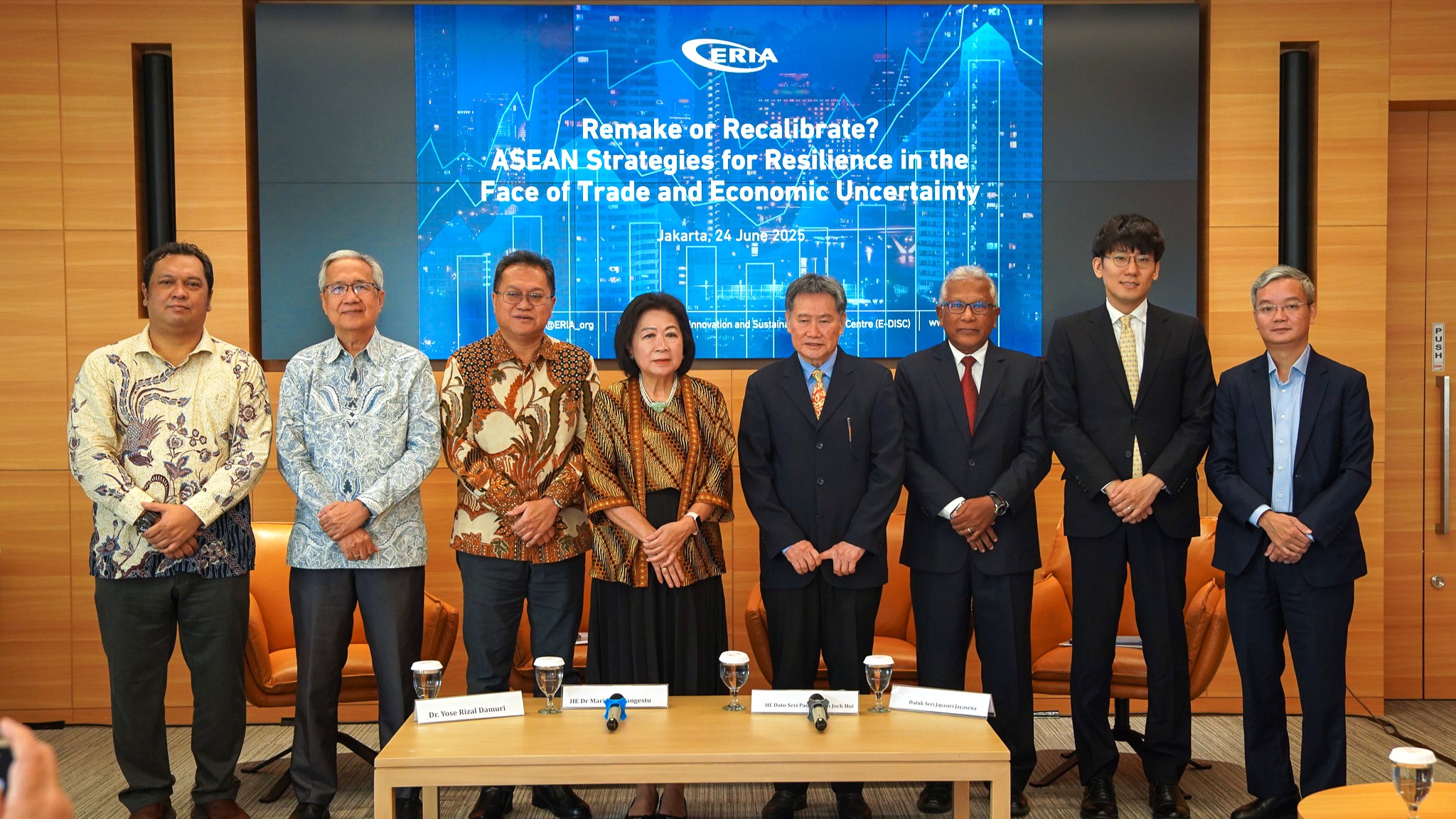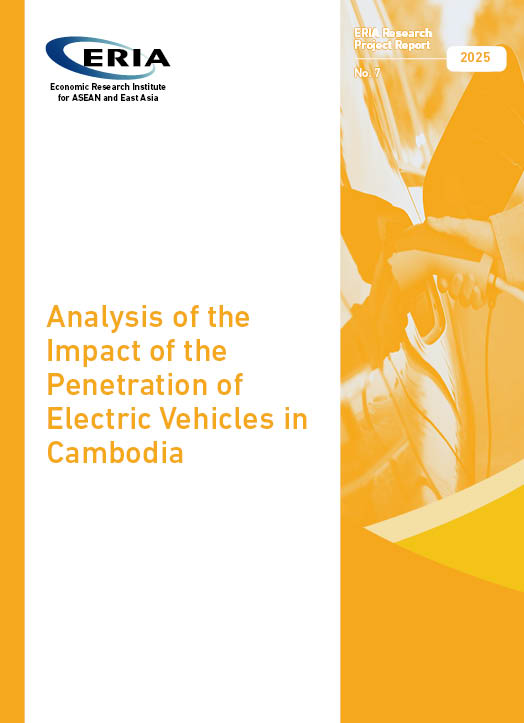Real Access is Key to Women’s Participation in the Digital Economy
Date:
8 March 2021Category:
OpinionsShare Article:
Print Article:
By Dr Giulia Ajmone Marsan, Strategy and Partnership Director, and Dr Araba Sey, Senior Research Scientist at the University of Washington Information School and Principal Researcher with Research ICT Africa: Almost a month separates the International Day of Women and Girls in Science on February 11th and the International Women’s Day on March 8th, but the two are getting increasingly related, if not in time at least in the achievements they want to mark. The former was established in 2015 by the United Nations General Assembly to encourage more girls and women to pursue studies and careers in science and technology. The latter celebrates women's achievements in social, cultural, economic, and political fields and advance gender parity. But these achievements will struggle to progress without higher participation of women in science, technology, and innovation, especially in a highly digitalized post-pandemic world.
This is particularly important for the ASEAN region, one of the fastest-growing digital economies in the world, whose growth has been accelerated by the COVID-19 pandemic. With a growing proportion of our daily activities moving online, equal access to digital technology and participation in online professional activities is key to an inclusive post-pandemic recovery. And equal access means the same opportunities to compete, thrive and access leadership positions.
Any foreigner living and working in South East Asia can be quickly impressed and positively surprised by the numerous highly qualified women met during meetings and professional events, certainly in higher numbers than in other regions around the world. However, while at first sight, this partial and unresearched anecdotal evidence is very positive, when looking at the data, it is clear that there still a long way to go.
Recent ERIA research shows that compared to other regions in Asia, ASEAN women are doing well in terms of more basic digital access metrics (mobile phone usage, connection to the internet, etc.) and according to a 2018 McKinsey assessment ASEAN Member States scored higher than the Asia-Pacific average with respect to gender digital inclusion. For this type of access, it is reasonable to imagine that other “divides” such as the urban-rural divide are more predominant and significant than the gender-divide (women vs men/girls vs boys).
However, when it comes to more sophisticated forms of access to scientific information and digital technologies, it becomes evident that opportunities are not the same. Participation in STEM education is good (although skewed towards medical disciplines and less towards ICT and technology fields). But high female education in technical fields does not appear to translate into equally high female representation in related professions. Women have limited representation in advanced technology jobs that require higher skill levels and are better-paying. These skills and jobs are increasingly becoming in high demand for a transition towards a highly digitised post-pandemic world.
When looking at entrepreneurship and innovation, while many ASEAN women are entrepreneurs, it is important to remember that the majority of them own and manage micro or small enterprises, which typically make more limited usage of sophisticated digital tools, if any. This means that women entrepreneurs across ASEAN are at risk of lagging behind when competing in the digital market-place.
Senior management and leadership positions in the business sector are another area where there is room for improvement. Unfortunately, globally and across ASEAN in particular, there is no systematically collected data on female representation in management positions in technology-related industries. However, research in different countries and contexts points to a lack of women in top management and executive positions. In addition to social equality principles, there are economic benefits to including women in senior management. A recent report by the International Finance Corporation and the Economist Intelligence Unit found that companies across ASEAN with more than 30% female board members performed better financially than companies with fewer female board members. And an increasing body of research shows how diversity, including gender diversity, is associated with more creativity and innovation, as different points of view are taken into account.
Participation in leadership positions in policymaking is also important because of the power of policy and regulation to shape the behaviour of institutions and societies. Diversity of representation at policymaking levels is necessary to ensure that the perspectives and realities of different populations are factored into policy initiatives. In the digital sector, this includes national policymaking bodies responsible for information and communications technology, science and education policy, and regulation for example. It is difficult to think about how to solve problems like cyberviolence, discrimination, biases, stereotypes or fake news affecting women within and outside the digital space without adequate representations of women in decision-making rooms. And these issues are becoming increasingly urgent to reflect upon and tackle as we increase the time we spend studying, meeting, and working online.
It is not enough for women and girls to have access to the digital economy: the types of access also matter. The ability of women to progress into senior and top-management and policymaking roles determines the extent to which women can have an equal voice in the development of systems and rules that affect their lives. Women need to have access to equal opportunities offered by innovations and emerging technologies not for being in ‘survival mode’ but to be able to compete and thrive in a highly digitalised post-pandemic world. Then we can really celebrate these two important days meant to mark women’s achievements.
This opinion piece was written by ERIA's Strategy and Partnership Director at the Economic Research Institute for ASEAN and East Asia, Dr Giulia Ajmone Marsan and Dr Araba Sey, Senior Research Scientist at the University of Washington Information School and Principal Researcher with Research ICT Africa, and has been published in The Star, The ASEAN Post, Manila Times, The Jakarta Post, The Star, Bangkok Post and Borneo Bulletin. Click here to subscribe to the monthly newsletter.








